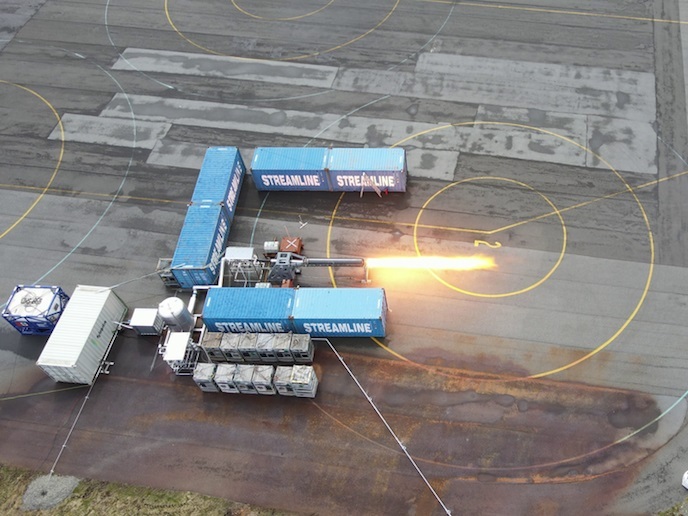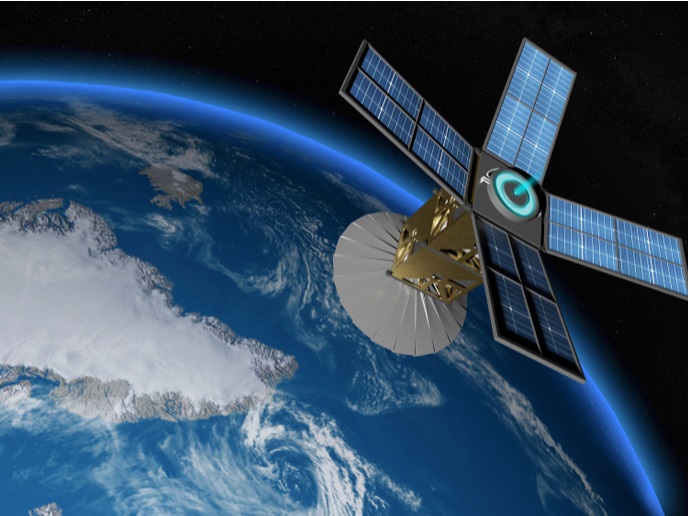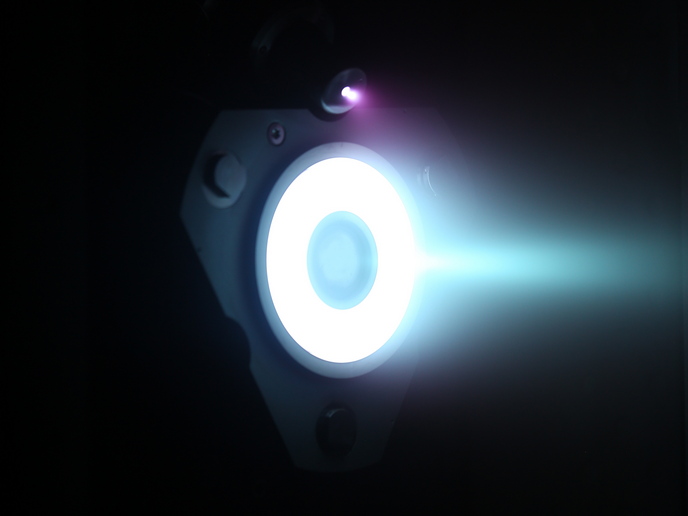A game-changing hybrid rocket propulsion system is ready for take-off
The commercial space sector is booming. According to the Space Foundation(opens in new window), in 2021 the sector reached approximately EUR 430 billion in annual global spending – a good portion of which went to the small satellite market. “We’re seeing an exponential increase in demand for small satellites, those weighing less than 500 kilograms,” says Christian Schmierer, co-CEO at HyImpulse Technologies(opens in new window) (HIT). “In fact, current forecasts estimate that demand will reach 800 satellites being launched every year for the next decade.” Meeting this demand requires having the necessary launch capacity – something that is currently in short supply. But within this gap, Schmierer sees opportunity. “The rocket and orbital launch market represents a unique opportunity for innovative European companies to gain a foothold in the market and complement Europe’s existing launcher offerings,” he explains. With the support of the EU-funded HyTEC(opens in new window) project, that’s exactly what HIT intends to do.
Innovative propulsion systems
The main focus of the project was the design, development and testing of sustainable, low-cost hybrid propulsion technology for rocket launch systems. “We are developing an orbital small launcher powered by our unique green hybrid propulsion technology and that is designed to deliver a higher performance at a fraction of the cost, with improved operational safety and flexibility and a lower carbon footprint,” adds Schmierer. During the HyTEC project, HIT made several important advancements towards achieving this goal. For example, following a successful scaling-up of the hardware, the propulsion system underwent extensive testing. “At 75 kilonewtons, this was the largest hybrid motor ever tested in Europe,” notes Schmierer. The company also developed advanced product architectures for both suborbital and orbital launches – architectures that translate into ultra-low-cost launch prices for customers.
Poised to disrupt
As a result of these successes, HIT is set to enter the market as the most technologically advanced rocket launcher start-up in Europe. It’s also one of the most financially sound, having leveraged these results to attract new investments and secure over EUR 120 million in customer interest. “Thanks to the backing of the HyTEC project, our company is now well-positioned to disrupt the microgravity and small satellite launch markets, both here in Europe and worldwide,” says Schmierer.
Ready to compete on the global market
HIT continues to develop its orbital small launcher and prepare for the expected maiden launch of its technology demonstrator suborbital sounding rocket later this year. “Our success is proof that, with the right support, it is indeed possible for a European start-up to not only develop and deliver innovative, deep technologies capable of competing on the global market, but also do it in record time and by using European competence and ingenuity,” concludes Schmierer.







